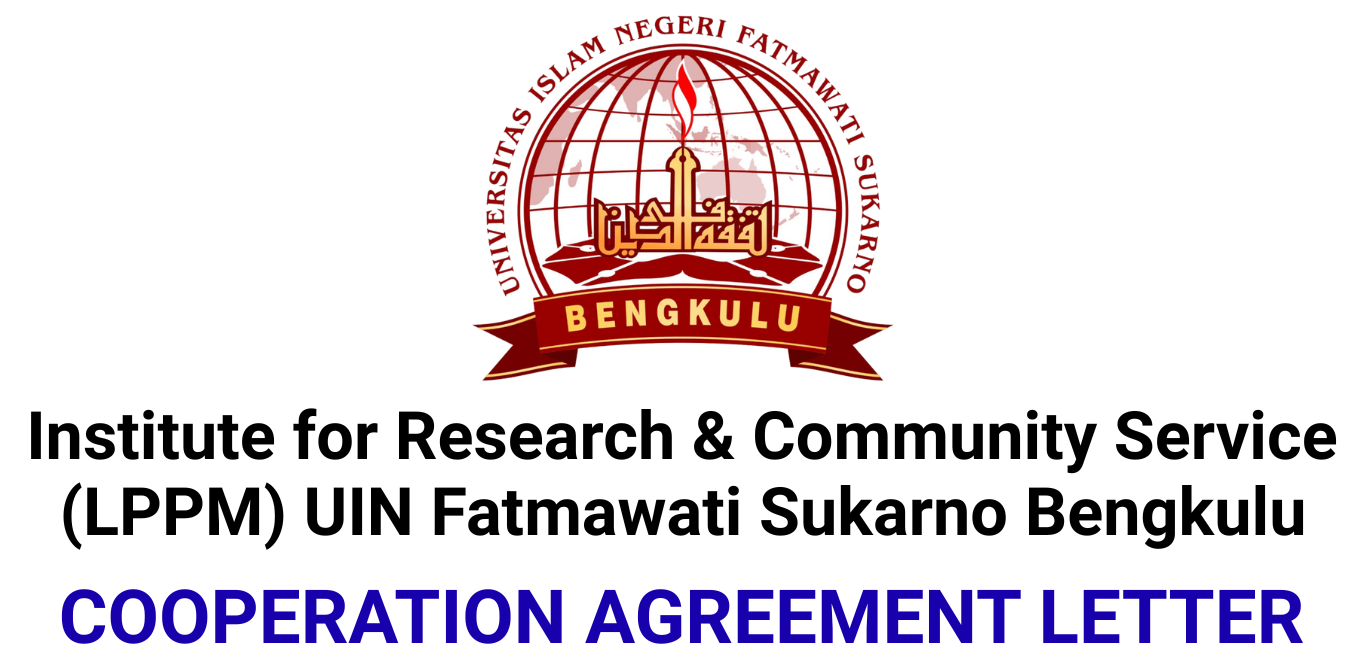Upaya Guru Sekolah Dasar meningkatkan Pemahaman Siswa pada Materi Kasih Sayang terhadap Sesama menggunakan Media Video Pembelajaran Power Point
DOI:
https://doi.org/10.64420/jippg.v1i2.246Keywords:
Student understanding, Affection material, Video media, PowerPoint learningAbstract
Objective: This study aims to determine the extent of students' understanding of the material on "Affection for Others" through PowerPoint learning video media at SD Negeri 56 Central Bengkulu. Method: The research employed a Classroom Action Research (CAR) method conducted in 2023 at SD Negeri 56 Bengkulu Tengah. The participants were 15 fifth-grade students. Data collection was carried out using observation sheets and interviews. Student learning completeness scores were used as the basis for data analysis. Result: Using PowerPoint learning videos in Islamic Religious Education significantly improved students' attention, activeness, motivation, discipline, and task performance. This improvement was evidenced by a progressive increase in students' test results from the preliminary stage to Cycle I and Cycle II and from qualitative data gathered through observations and interviews. Conclusion: PowerPoint learning video media effectively enhances students' understanding and engagement with the "Affection for Others" material in Islamic Religious Education. Repeated cycles of action and reflection contributed to the learning improvement. Contribution: This study proves that integrating multimedia, specifically PowerPoint videos, into religious education can foster better student engagement and academic outcomes. It offers practical implications for teachers seeking to improve learning effectiveness through interactive and visually supportive instructional tools.
References
Afandi, M. (2014). Pentingnya penelitian tindakan kelas bagi guru dalam pembelajaran di sekolah dasar. Jurnal ilmiah pendidikan dasar, 1(1), 1-19. http://dx.doi.org/10.30659/pendas.1.1.1-19
Afnita, J., & Latipah, E. (2021). Perkembangan Moral Anak Usia Dini Usia 0-6 Tahun dan Stimulasinya. Yinyang: Jurnal Studi Islam Gender Dan Anak, 289-306. https://doi.org/10.24090/yinyang.v16i2.4421
Anugrah, M. (2019). Penelitian Tindakan Kelas:(Langkah-Langkah Praktis Pelaksanaan Penelitian Tindakan Kelas). Penerbit Leutika.
Dini, P. I. A. U. (2022). Respon Penggunaan Media Power Point Berbasis Interaktifuntuk Siswa Usia Dini di Era Pandemi. Jurnal Obsesi: Jurnal Pendidikan Siswa Usia Dini, 6(2), 876-885. https://obsesi.or.id/index.php/obsesi/article/view/1567
Elihami, E., & Syahid, A. (2018). Penerapan pembelajaran pendidikan agama islam dalam membentuk karakter pribadi yang islami. Edumaspul: Jurnal Pendidikan, 2(1), 79-96. https://doi.org/10.33487/edumaspul.v2i1.17
Hadisi, L., Astina, W. O., & Wampika, W. (2017). Pengaruh Kreativitas Mengajar Guru Terhadap daya Serap Siswa Di SMK Negeri 3 Kendari. Al-TA'DIB: Jurnal Kajian Ilmu Kependidikan, 10(2). https://dx.doi.org/10.31332/atdb.v10i2.629
Harefa, N. A. J., & Hayati, E. (2021). Media pembelajaran bahasa dan sastra indonesia dan teknologi informasi. Angewandte Chemie International Edition, 6(11), 951-952.
Hasanah, N. (2020). Pelatihan penggunaan aplikasi microsoft power point sebagai media pembelajaran pada guru sd negeri 050763 gebang. Jurnal Pengabdian Kepada Masyarakat, 1(2), 34-41. https://jurnal.stkipalmaksum.ac.id/index.php/jpkm/article/view/113
Jannah, M. (2020). Peran pembelajaran aqidah akhlak untuk menanamkan nilai pendidikan karakter siswa. Al-Madrasah: Jurnal Pendidikan Madrasah Ibtidaiyah, 4(2), 237-252. http://dx.doi.org/10.35931/am.v4i2.326
Junaidi, J. (2019). Peran Media Pembelajaran Dalam Proses Belajar Mengajar. Diklat Review: Jurnal manajemen pendidikan dan pelatihan, 3(1), 45-56. https://doi.org/10.35446/diklatreview.v3i1.349
Lahadi, A. B., & Wirdati, W. (2022). Pengaruh Model Pembelajaran Kooperatif Pair Check Terhadap Hasil Belajar Mata Pelajaran Pendidikan Agama Islam. An-Nuha, 2(4), 701-708. https://doi.org/10.24036/annuha.v2i4.253
Maemunawati, S., & Alif, M. (2020). Peran guru, orang tua, metode dan media pembelajaran: strategi kbm di masa pandemi covid-19. 3M Media Karya.
Maimunah, M. (2014). Sumber Daya Pendukung Keberhasilan Pelaksanaan Kurikulum. Al-Afkar: Manajemen pendidikan Islam, 2(2). https://doi.org/10.28944/afkar.v2i2.96
Prasetiya, B., & Cholily, Y. M. (2021). Metode Pendidikan karakter Religius paling efektif di sekolah. Academia Publication.
Prihantoro, A., & Hidayat, F. (2019). Melakukan penelitian tindakan kelas. Ulumuddin: Jurnal Ilmu-ilmu Keislaman, 9(1), 49-60. https://doi.org/10.47200/ulumuddin.v9i1.283
Rismawati, R. (2016). Upaya Meningkatkan Hasil Belajar Siswa Dengan Menggunakan Power Point Pada Pelajaran IPA Kompetensi Dasar Perkembangbiakan Manusia Kelas VI SDN 132409 Tanjungbalai. SABILARRASYAD: Jurnal Pendidikan dan Ilmu Kependidikan, 1(1). https://doi.org/10.46576/jsa.v1i1.59
Siregar, H. S. (2022). Upaya Guru PAI Dalam Mengatasi Perilaku Insecure Pada Siswa Kelas II SD Negeri 06 Tebat Karai Melalui Pendekatan Kasih Sayang. GUAU: Jurnal Pendidikan Profesi Guru Agama Islam, 2(1), 227-240. http://studentjournal.iaincurup.ac.id/index.php/guau/article/view/156
Sukmawati, E., ST, S., Keb, M., Fitriadi, H., Pradana, Y., Dumiyati, M. P., ... & Kasmanto Rinaldi, S. H. (2022). Digitalisasi sebagai pengembangan model pembelajaran. Cendikia Mulia Mandiri.
Utomo, P., Asvio, N., & Prayogi, F. (2024). Metode Penelitian Tindakan Kelas (PTK): Panduan Praktis untuk Guru dan Mahasiswa di Institusi Pendidikan. Pubmedia Jurnal Penelitian Tindakan Kelas Indonesia, 1(4), 19. https://doi.org/10.47134/ptk.v1i4.821
Yuristia, A. (2018). Pendidikan sebagai transformasi kebudayaan. IJTIMAIYAH Jurnal Ilmu Sosial Dan Budaya, 2(1), 1-13. https://jurnal.stkipalmaksum.ac.id/index.php/Sintaksis/article/download/243/245/
Yusrizal, Y., Safiah, I., & Nurhaidah, N. (2017). Kompetensi Guru Dalam Memanfaatkan Media Pembelajaran Berbasis Teknologi Informasi Dan Komunikasi (Tik) Di Sd Negeri 16 Banda Aceh. Jurnal Ilmiah Mahasiswa Pendidikan Guru Sekolah Dasar, 2(4). https://jim.usk.ac.id/pgsd/article/view/4573
Downloads
Published
How to Cite
Issue
Section
License
Copyright (c) 2024 Bitha Satria Leri, Irwan Satria

This work is licensed under a Creative Commons Attribution-ShareAlike 4.0 International License.
Authors who publish with this journal agree to the following terms: (1) Authors retain copyright and grant the journal right of first publication with the work simultaneously licensed under a Creative Commons Attribution-ShareAlike 4.0 International. that allows others to share the work with an acknowledgement of the work's authorship and initial publication in this journal; (2) Authors are able to enter into separate, additional contractual arrangements for the non-exclusive distribution of the journal's published version of the work (e.g., post it to an institutional repository or publish it in a book), with an acknowledgement of its initial publication in this journal; (3) Authors are permitted and encouraged to post their work online (e.g., in institutional repositories or on their website) prior to and during the submission process, as it can lead to productive exchanges, as well as earlier and greater citation of published work.









